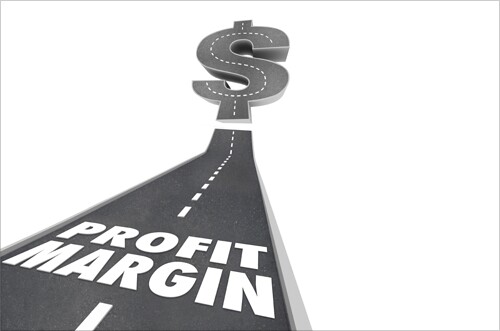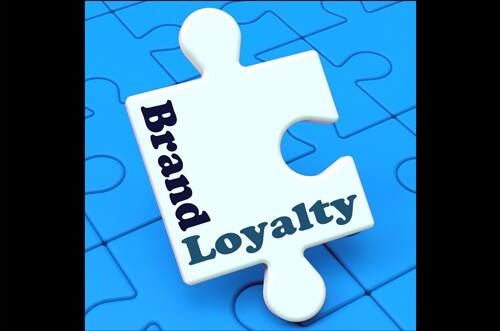

Consumer Profitability Scores
Who offers them: Experian, based on a database that has information from hundreds of sources
What's the issue? Although they're purportedly designed to target marketing pitches, they could serve as "unregulated proxies for credit risk."

Collection and Recovery Scores
Who offers them: Fair Isaac Co. and Experian. Fair Isaac touts its collection score as "typically" boosting collection performance by 15%-20%.
What's the issue? The way these scores are used is "likely" to render them subject to the Fair Credit Reporting Act, says World Privacy Forum. Consumers have the right to see scores that are subject to that law, but the report states that "it is unclear" whether collection and recovery scores "are actually exposed to consumers."

Churn Scores
Who offers them: Analytics IQ and Verisium, among others. Some consumer companies have developed their own.
What's the issue? "It is unlikely that many businesses make churn scores visible to their customers," the report asserts.

Fraud Scores
Who offers them: Fair Isaac Co., CoreLogic, Interthinx, Visa, MasterCard, others.
What's the issue? Fraud scores can yield false positives, and victims of identity theft may become connected to damaged or erroneous fraud scores.

Social Scores
Who offers them: Kred, SocialIq, Tweet Grader, Booshaka, Klout, others
What's the issue?"An individual may never realize that he or she did not receive an interview, job, discount, premium, coupon or opportunity due to a low score," the report states.

Household Segmentation Scores
Who offers them: Acxiom, Experian and Claritas. The Claritas product uses categories such as "Pools & Patios" to describe upscale older households without kids and "Bedrock America" for downscale middle age households with kids.
What's the Issue? Household segmentation scores are not subject to consumer protection provisions of the Fair Credit Reporting Act since the law applies to individuals.

Job Security Scores
Who offers them: Scorelogix touts its score as "dramatically" improving "banks' ability to reduce credit losses."





